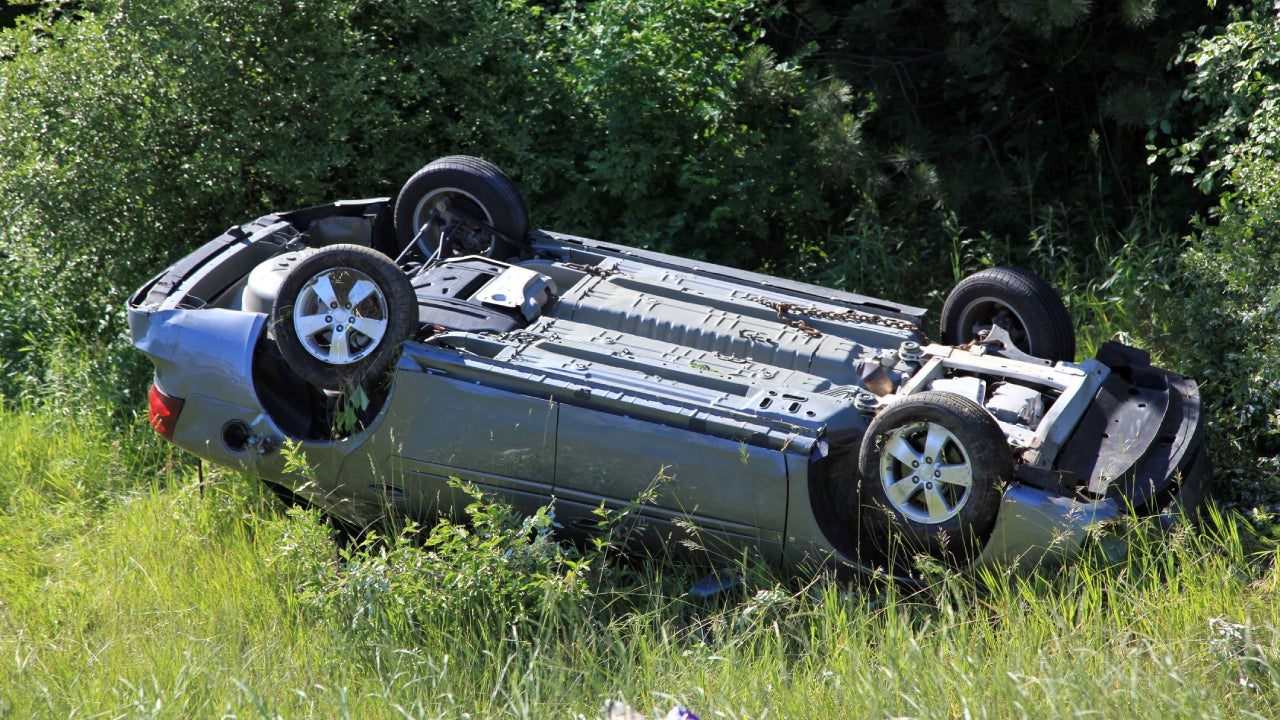What is a comprehensive car insurance claim?

Comprehensive car insurance is an optional add-on that covers things other than car accidents — like weather damage, vehicle theft, glass breakage and animal collisions. If you experience a loss that stems from something other than a typical car accident, you would need to file a claim under the comprehensive coverage part of your policy for the damage.
What is comprehensive coverage and what does it cover?
Comprehensive covers repairing or replacing your vehicle when it is damaged from an incident other than colliding with another vehicle or stationary object. You’ve probably come across the term “full coverage” in reference to car insurance; comprehensive coverage is part of a full coverage policy. These policies generally also include collision insurance in addition to state-required liability coverage.
Examples of typical vehicle damage covered by comprehensive include:
- Weather-related damage like hail, fires and floods
- Damage from hitting an animal
- Theft
- Vandalism and riots
- Glass breakage (windshield and windows)
- Fire
- Falling objects, such as a tree limb
Comprehensive coverage does not cover the normal wear and tear on your vehicle. For example, when you need new tires or brake pads, you would pay for these maintenance items out of pocket or through another warranty program. It also does not include damage to your vehicle from hitting a vehicle or object. If there is another vehicle involved, then it falls under collision.
Reasons to consider comprehensive coverage
If your vehicle is financed or leased, you will almost certainly be required to carry full coverage car insurance to financially protect the lender’s investment in your vehicle. Although it adds to the cost of your policy, it gives you additional coverage to repair damage to your vehicle that minimum coverage car insurance doesn’t offer.
Conversely, full coverage may not be worth the cost if your car is old or needs repairs. In those cases, the cost of full coverage car insurance may outweigh the benefits. Speaking with your insurance agent can help you decide if the cost of coverage is worth it for your specific vehicle and circumstances. Comprehensive coverage is generally cheaper than collision, so most experts recommend keeping comprehensive coverage, even if your vehicle isn’t worth much.
When should I file a comprehensive claim?
Knowing when to file a comprehensive claim means understanding how much your deductible – the amount you pay out of pocket – is before filing the claim. If the cost to repair your vehicle is less than your deductible amount, you won’t be able to file a claim. If the repair costs are only slightly higher than your deductible amount, it may not be worth filing a claim and risking a premium increase upon your auto policy’s renewal.
We had a hail storm roll through our town that left us (and most vehicles in our area) with hail damage. The damage to our vehicle was pretty noticeable. We had a full coverage policy, so we filed a claim under the comprehensive coverage part of the policy. In the end, we were awarded several thousand dollars.— Rebekah H., Bankrate Staffer
How to file a comprehensive claim
If you choose to file a claim under your comprehensive coverage, here’s how it works:
- Contact a customer service representative or your local agent through the mobile app, online or a phone call and inform them of the situation.
- Submit any documentation, such as pictures, videos or papers related to your claim. If your vehicle was stolen or vandalized, you’ll likely need to submit a police report as part of the claims process.
- If your insurance provider asks, get estimates from local repair shops. You may choose to do this before you file a claim to help you decide if filing a claim is worth it based on the estimated costs.
- Check regularly for updates from your agent for documentation requests. Once the calim is approved, your insurer will issue you or the repair shop a check for the work, minus your deductible.
Learn more: Filing a car insurance claim
Frequently asked questions
Why we ask for feedback Your feedback helps us improve our content and services. It takes less than a minute to complete.
Your responses are anonymous and will only be used for improving our website.
You may also like

Are car insurance rates negotiable?

What is total loss car insurance?

What is full coverage car insurance?





